CUET Coaching
Let Law Gurus help you you in cracking the CUET Exam

Talk to your 'Law Gurus'
Get you Guru Mantras for preparation
CUET Course Structure
Let’s dive into our course structure of CUET Exam
Course Mode
• Online
• Classroom
Course Durations
• 6 Months Program
• 1-Year Program
• 2-Year Program
• Crash Course
Highlights:
- Interactive Classes (Live in case of Online Program)
- Domain Subjects Preparation
- Separate Sessions for English (Section 1) and General Test (Section 3)
- Complete Coverage of CUET Syllabus
- Complete Study Material
- Full length Mock tests/Chapter Tests
- In-depth performance analysis
- Doubts Solving Sessions
- Exam strategies & Skill sessions








What's inside CUET Course?
Get Started with Free Counseling: get in touch with your Law Gurus. They’ll guide you through the process, answer your questions
CUET Prep with schooling: Manage school and CUET studies together without any stress with the help of LAW Gurus.
Grow Beyond Books: Personality development and overall grooming sessions, along with debate and moot court sessions.

Learn by Doing: Theoretical as well as practical classes. Enjoy learning with a mix of classroom lessons and hands-on practice.
Law Gurus’ Mentoring: Receive guidance from Law Gurus who provide special mentoring to help you master the legal field.
Tailored Just for You: Your lessons are tailored to make you strong where you’re already good, and better where you’re not.

What students say about Law Gurus?

Why Choose DCA?

- Personalised Mentoring
- University Mentoring
- Our CUET Mentors come from prestigious backgrounds, including IITs, IIMs, PhDs, bringing a wealth of multi-subject expertise to the table.
Want to Join CUET Coaching?
Here is the admission procedure to enroll in DCA’s CUET Coaching program.

- First you need to fill contact form on our website (Click here>>) or you can directly call us on +91-8266825595.
- Get a counselling session with your Law Guru.
- After clearing all the doubts, start the registration process. The registration fee is 500 (NON REFUNDABLE)
Meet Your Law Gurus

Learn with Law Gurus
Welcome to our Video Section! Here, you’ll get a quick glance of your Law Gurus.
Gallery
Take a quick glance at our offline classes at DCA
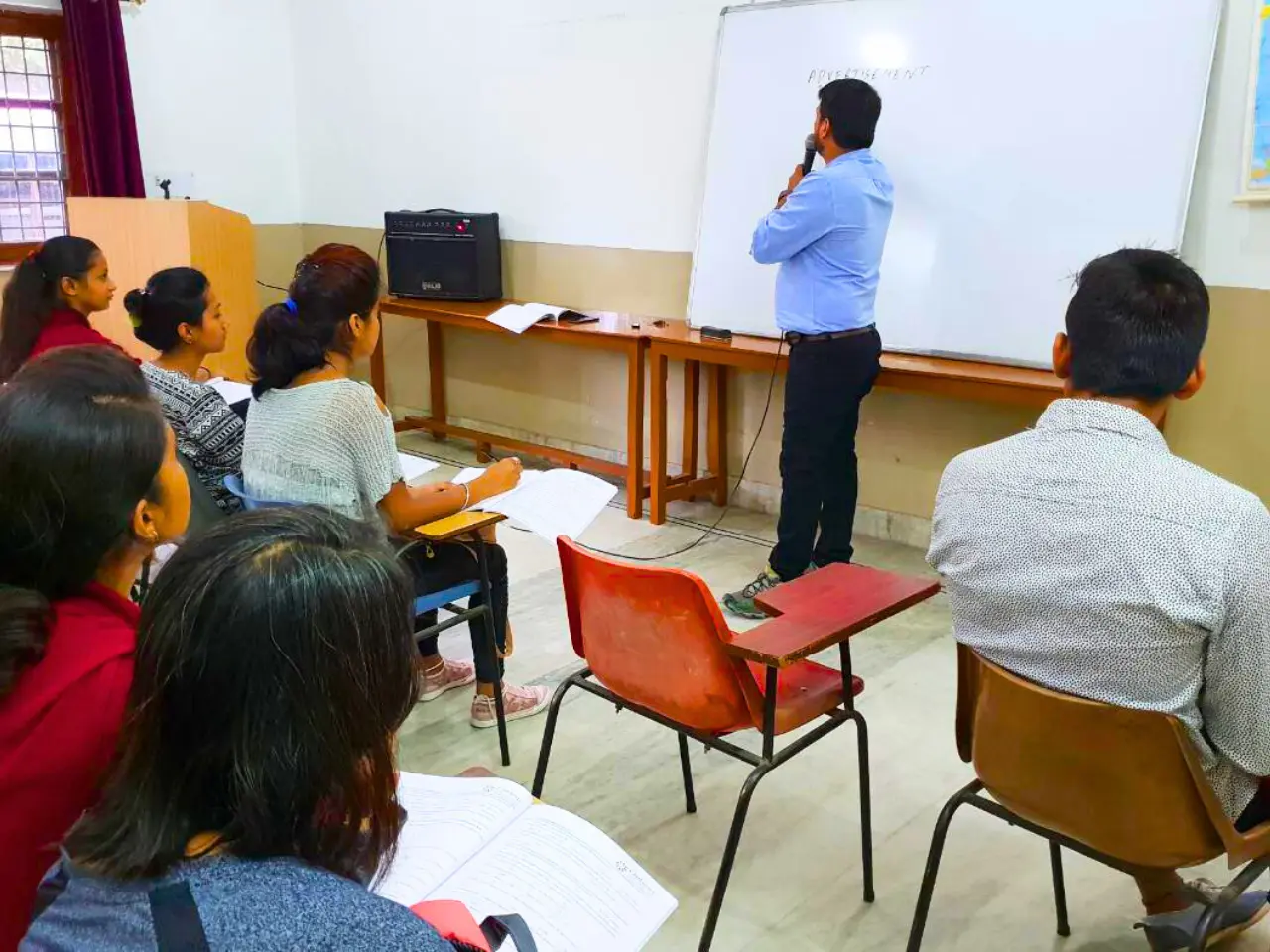

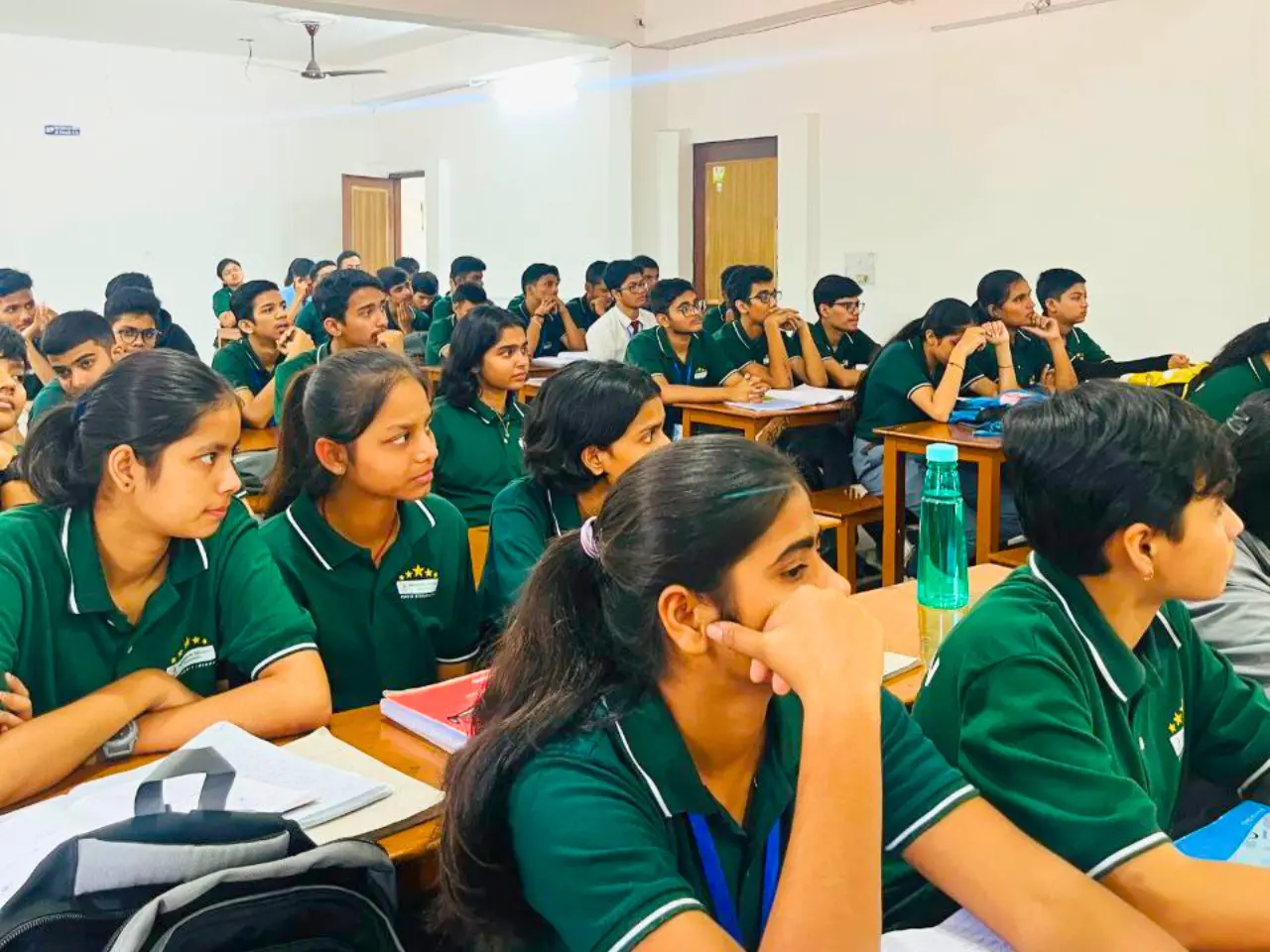
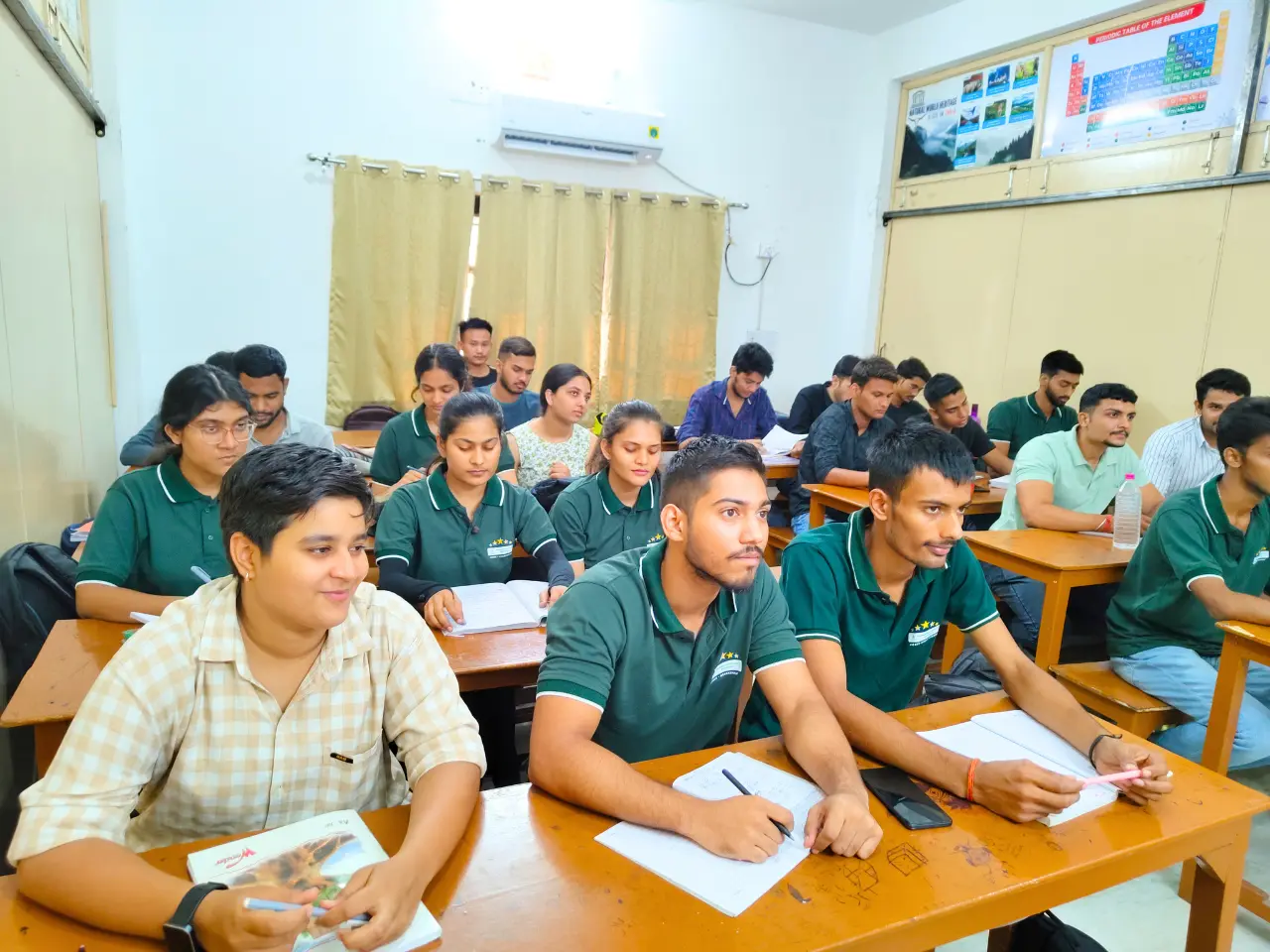
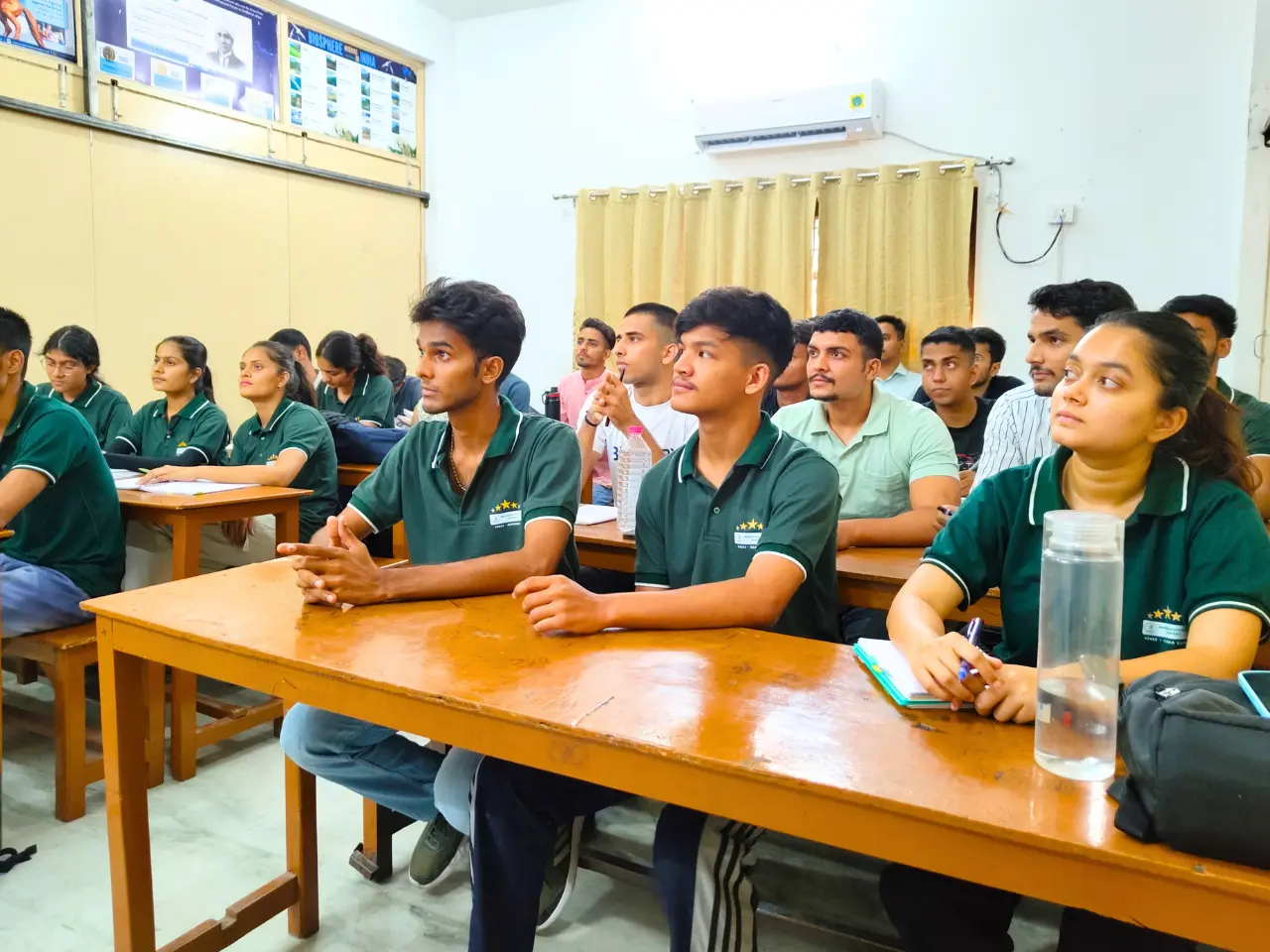
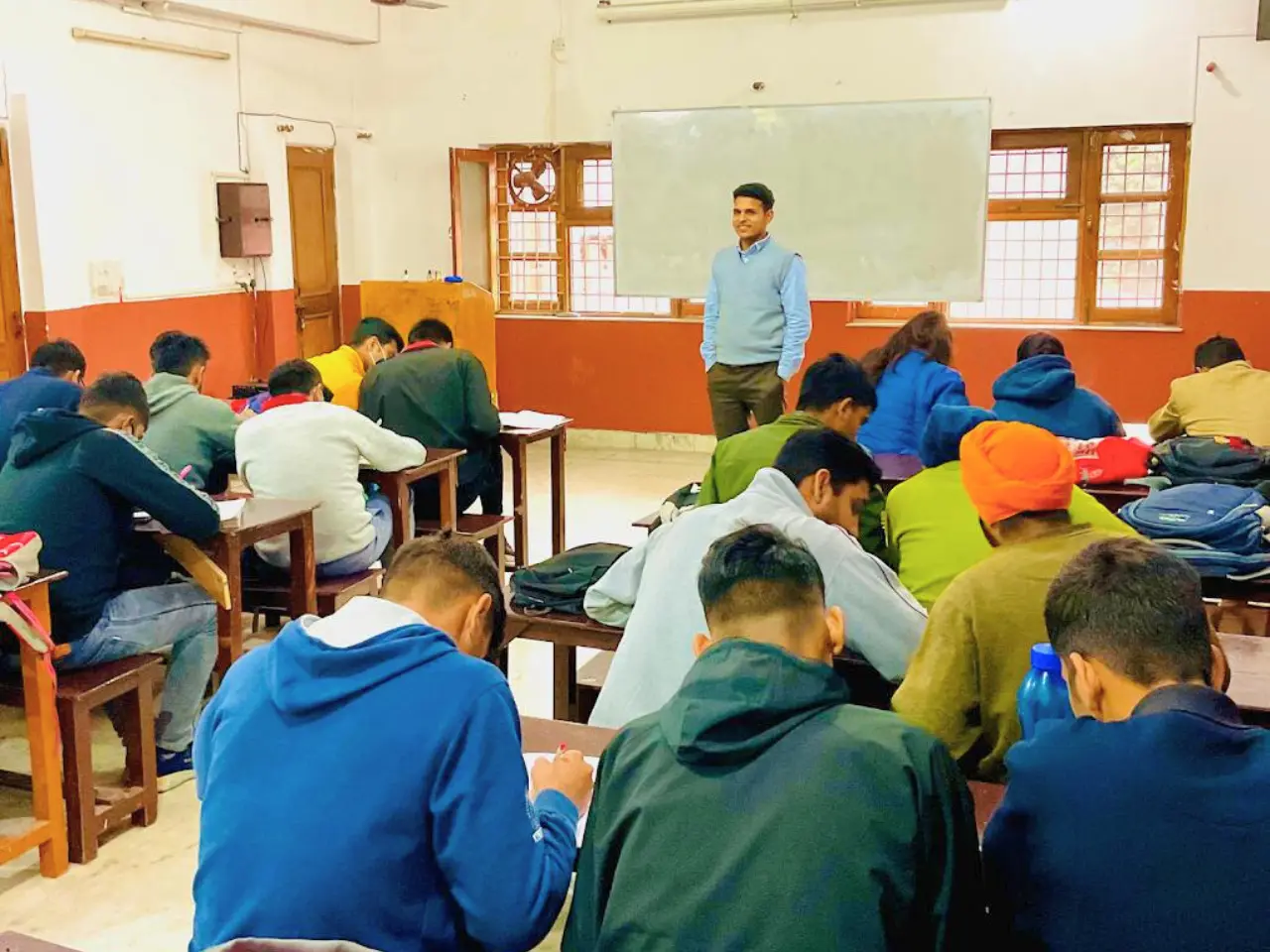
Know about CUET Exam!
The CUET (Common University Entrance Test), earlier known as CUCET (Central Universities Common Entrance Test) is an all-India test for getting admission in various Undergraduate, Integrated, Postgraduate, Diploma, Certification courses and Research Programmes in many Central/state Universities of India. This entarnce exam is being conducted by National Testing Agency (NIA).
The CUET exam is divided into two sections: the written test and the viva voce. The written test consists of multiple choice questions and is designed to assess the applicant’s knowledge and understanding of the respective subjects. After the written test, applicants are required to appear for the viva voce, which is an oral examination conducted by a panel of experts. The viva voce is designed to assess the applicant’s communication skills, problem-solving abilities, and overall aptitude.
Once the exam is over, applicants are given a score based on their performance in the written and viva voce tests. The scores are then used to determine the applicant’s eligibility for admission into the respective universities.
CUET exam eligibility is a set of criteria that must be met by applicants before they can take the Common University Entrance Test (CUET). The CUET is a standardized exam administered annually by the National Testing Agency (NTA) in India, and it is used to determine the eligibility of students for admission into undergraduate programs offered by universities across the country.
To be eligible to take the CUET exams, applicants must meet certain criteria. The first and most important criterion is that applicants must have passed the 10+2 (or equivalent) examinations from any recognized board or council in India. In addition, applicants must be at least 17 years old and must be citizens of India. Foreign students who wish to take the CUET exams must first obtain a Student Visa in order to be eligible.
In addition to the minimum eligibility criteria, applicants must also meet the relevant subject requirements. Depending on the university, applicants may have to take the CUET exams in the following subjects: Physics, Chemistry, Mathematics, and Biology. In some cases, applicants may also have to take additional subject tests, such as English, Computer Science, or Economics.
In order to be able to take the CUET exams, applicants must also demonstrate that they possess the required knowledge and understanding of the respective subjects. For this purpose, applicants must submit their academic transcripts or other relevant documents to prove that they meet the necessary academic requirements.
Once the application process is complete and the eligibility requirements are met, applicants can then register for the CUET exam
The application form for the exam will be released in the first week of January. Candidates are to fill the application form ONLY through online mode by visiting the official website. The last date of submission of the form is till the last week of March.
There are different CLAT Examination application form fee for some categories. The for General/ OBC/ PWD/ PIO/ OCI/ NRI categories, candidates have to pay Rs 4,000 as the application fee. For the categories of SC/ ST/ BPL, Rs 3,500 is the application fee. Those candidates who request for past years’ papers at the time of application form fill-up will pay additional charges.
All the original documents are NOT to be submitted here. Original documents are strict to be submitted during the time of admission at respective universities. The following documents are required during registration-
- Recent Passport size photo with a white background
- A scanned signature document of the aspirant
- Educational qualification documents (mainly results)
- BPL Certificate (If it is applicable)
- PWD Certificate (If it is applicable)
- SC/ST/OBC Certificate (If any of the categories is applicable)
The CUET Examination admit card is usually available from the third week of February. The exact date of release of admit card is displayed on their official website.
The topics to be examined for UG admission are English, Current Affairs, Legal Reasoning, Logical Reasoning, and Quantitative techniques.
- The subject English comprises of Passages, Reading, Comprehension, Inference, and Conclusion, Summary, Vocabulary, etc.
- Current Affairs is rather an open area that requires a whole lot of general knowledge. The syllabus broadly covers Contemporary Events of National and International Significance, Art and Culture, International Affairs, Historical Events of significance.
- Legal Reasoning holds the chapters of Rules and Passages of Law, Application of the rules and passages, etc.
- Logical Reasoning is comprised of areas of Argument – Premise and Conclusion, Inference, Relationships and Analogies, Contradictions and Equivalence, etc.
- Quantitative Techniques is the last topic and it covers chapters of Basic Algebra, Mensuration, Statistical Estimation, Graphs, Numerical Information, Ratio, and Proportion, etc.
Each of the sections of the exam paper will evaluate you on the basis of a passage with different word limits. You will be answering the objective type questions based on those passages. Only for the quantitative techniques section, you will be given a set of graphs or pictorial or diagrammatic or factual information and questions will be asked based on these.
The topics to be examined for PG admission are Constitutional Law, Administrative Law, Torts, Criminal Law, Company Law, Tax Law, and Labour & Industrial Law.
As your educational qualification increases, the subjects or the topics become more streamlined.
- Under Constitutional Law, there is Jurisprudence.
- Under the Administrative Law, the topic of importance is the Law of Contract.
- Under the Torts section, the important portion is Family Law.
- For Criminal Law, it is an important section called the Property Law.
- For the subject Company Law, the area of importance is Public International Law.
- Under Tax Law, it is most evidently the Environmental Law.
- And the last one being Labour & Industrial Law, whose section covers other general mandatory topics from the Undergraduate studies.
The original or scanned result of the 12th Board Examination is to be submitted by the respective candidates during their admission. If the candidates fail to do so, they will be declared ineligible to apply for admission and getting admitted to the desired University.
During the evaluation of the results obtained in the CLAT Examination, if there arises a problem due to few students getting equal marks, then other factors will be considered. The factors might include giving importance to separate sections like Legal Reasoning, age of the candidates, etc.